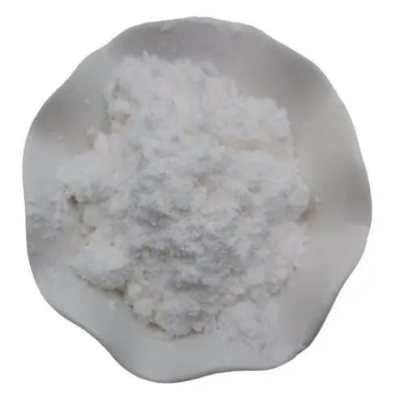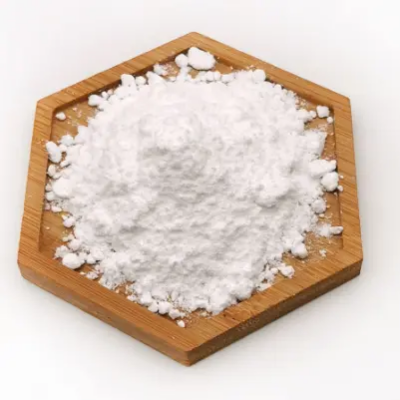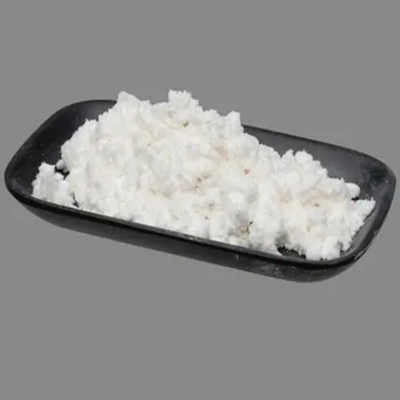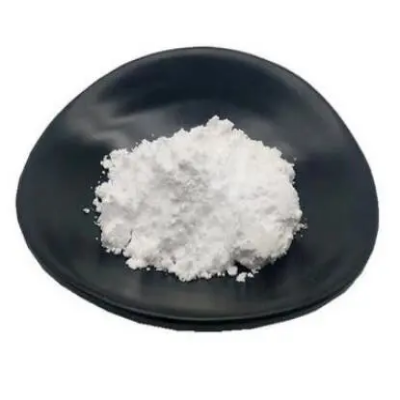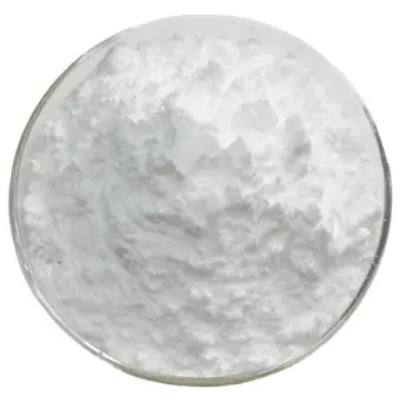DIPHENYL PHTHALATE CAS:84-62-8
Diphenyl phthalate serves multiple significant roles across various industries due to its unique properties. One of its primary applications is as a plasticizer in the production of polyvinyl chloride (PVC) and other thermoplastic materials. By incorporating diphenyl phthalate into these materials, manufacturers can enhance their flexibility, workability, and durability, making them suitable for a wide range of applications, including flooring, cables, and packaging materials. The improved mechanical properties contribute to the longevity and performance of these products in various environmental conditions. In addition to its role in plastics, diphenyl phthalate is also utilized in the formulation of resins and coatings. It can be added to synthetic resins, such as phenolic and epoxy resins, to improve their processing characteristics and final mechanical properties. This application is particularly important in industries where strong, resilient materials are essential, including automotive, construction, and consumer goods. Furthermore, diphenyl phthalate finds application in the field of textiles. It can be used to impart softness and flexibility to synthetic fibers, enhancing the quality and comfort of textile products. This property makes it valuable in the manufacturing of garments, upholstery, and other fabric-based products that require enhanced pliability and durability. Moreover, diphenyl phthalate is sometimes employed in laboratory settings as a solvent or reagent. Its ability to dissolve various organic compounds makes it useful in specific chemical reactions and analytical methods. Researchers may utilize diphenyl phthalate in studies related to polymer science, chemical formulations, and material testing. It is also noteworthy that diphenyl phthalate has been evaluated for its potential impact on human health and the environment. While it is widely used, concerns about phthalate exposure have led to regulatory scrutiny and research into safer alternatives. As a result, manufacturers are increasingly looking for substitutes that maintain performance without compromising safety. In summary, diphenyl phthalate is a versatile compound with essential applications in plastics, resins, textiles, and laboratory research. Its role as a plasticizer enhances the performance of various materials, contributing to their functionality in diverse industries. However, ongoing research and regulatory considerations surrounding its use highlight the importance of balancing performance with safety and environmental impact.
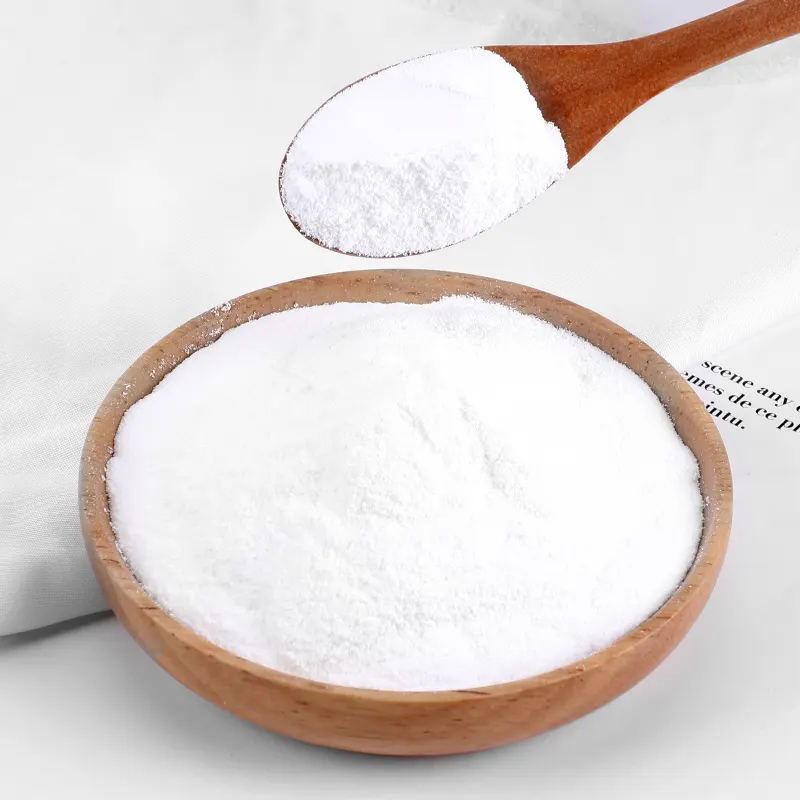
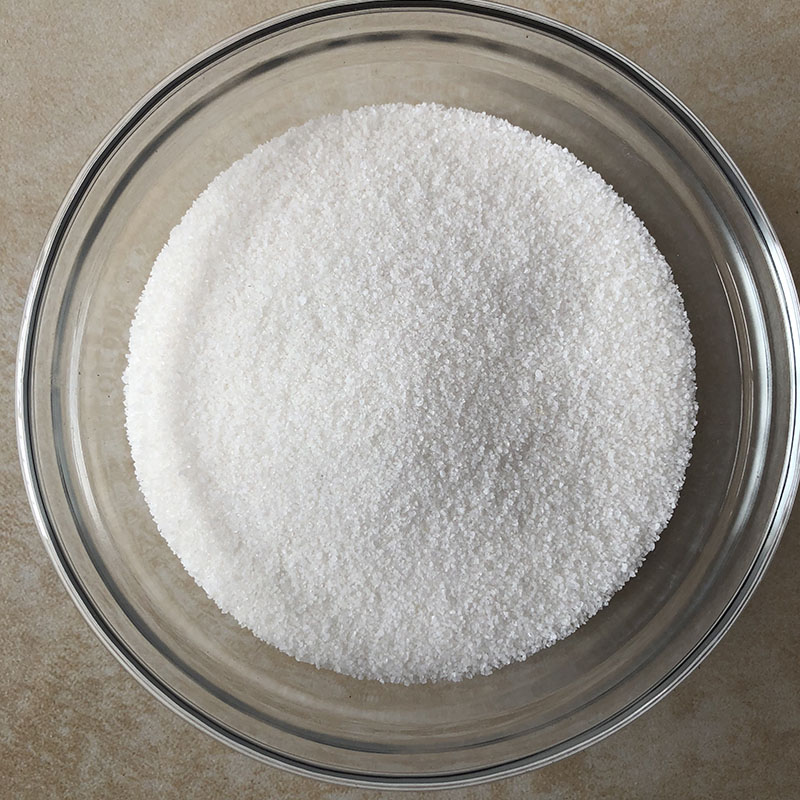
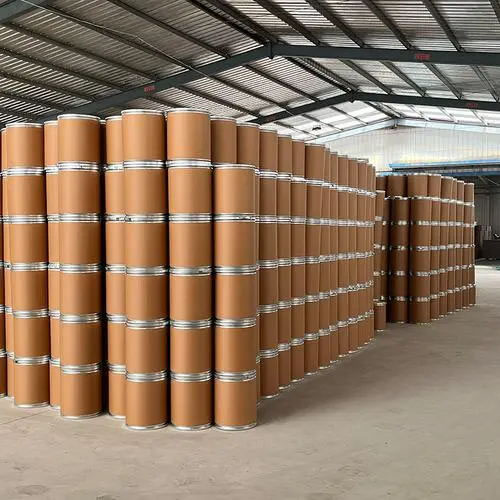
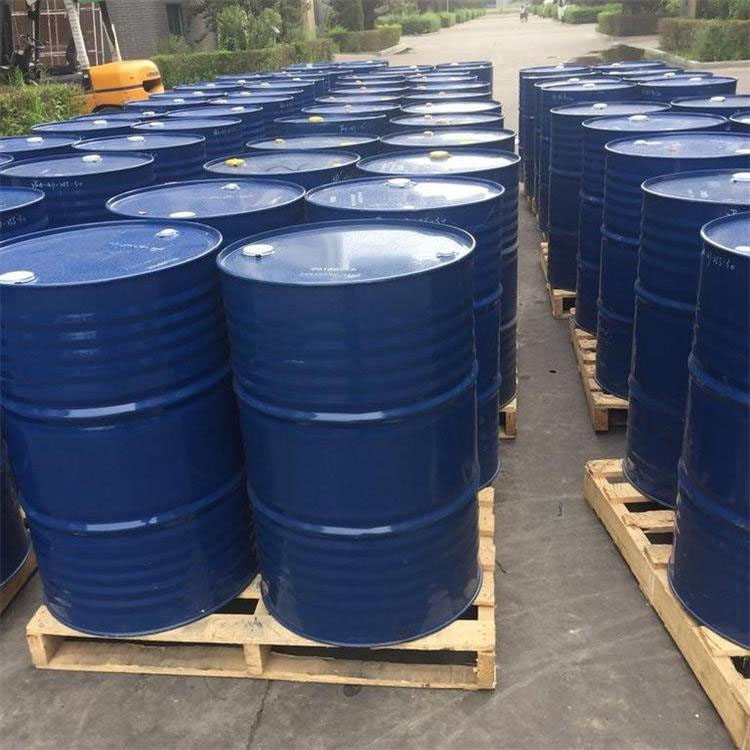
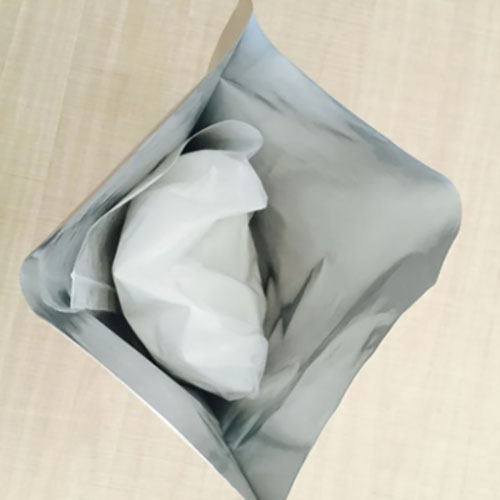
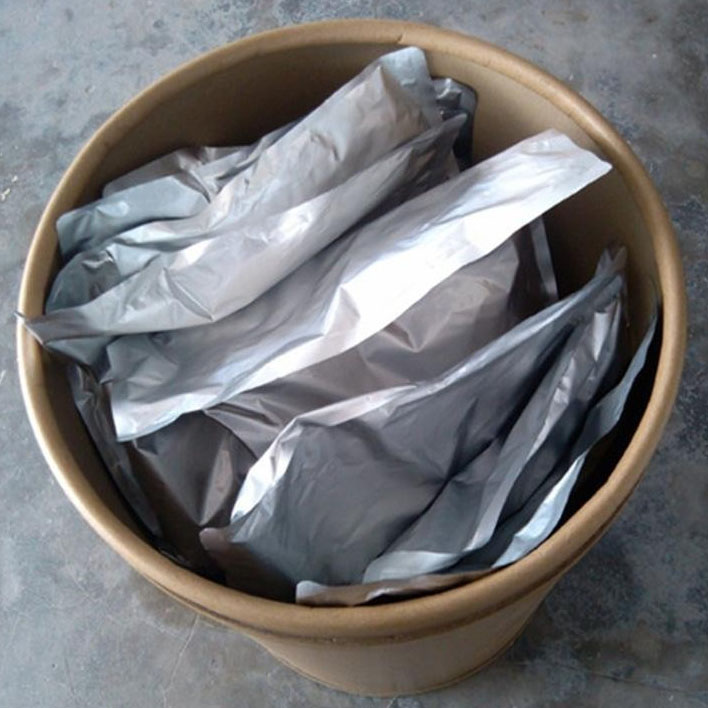
| Composition | C18H14O4 |
| Assay | 99% |
| Appearance | white powder |
| CAS No. | 84-62-8 |
| Packing | Small and bulk |
| Shelf Life | 2 years |
| Storage | Store in cool and dry area |
| Certification | ISO. |




